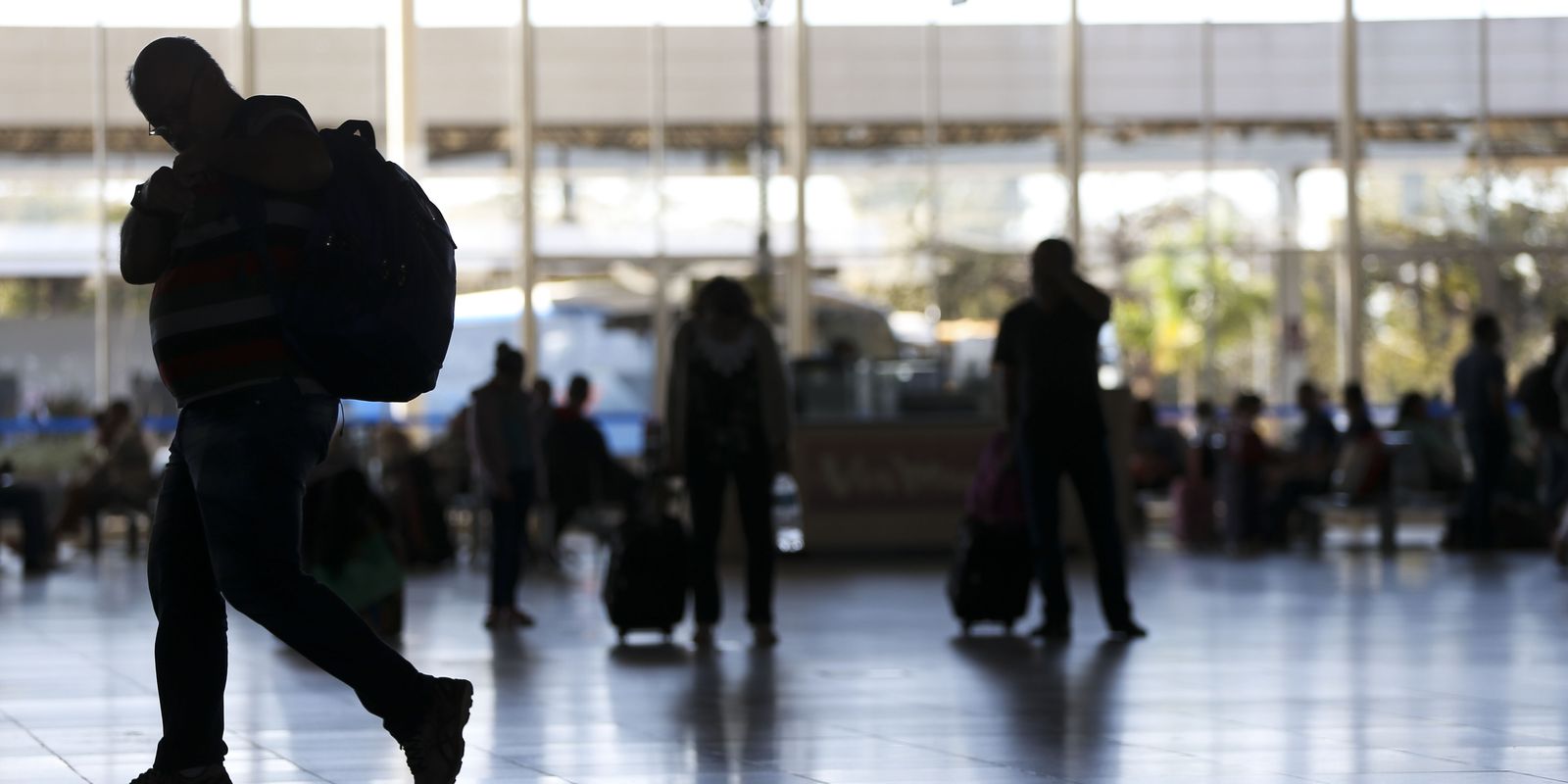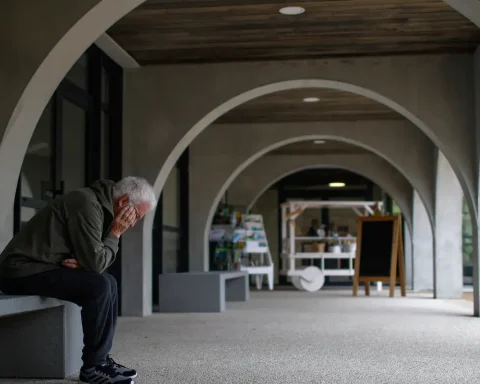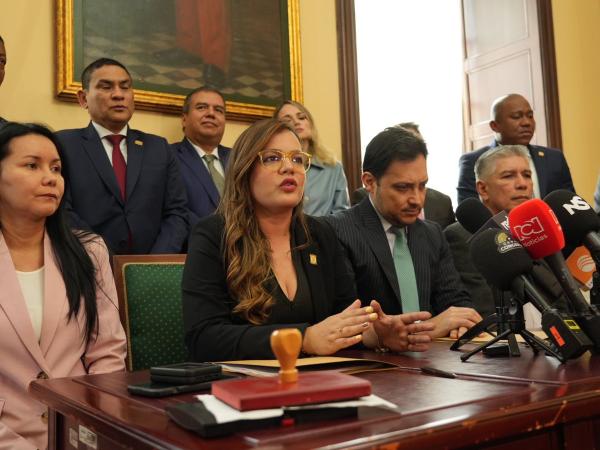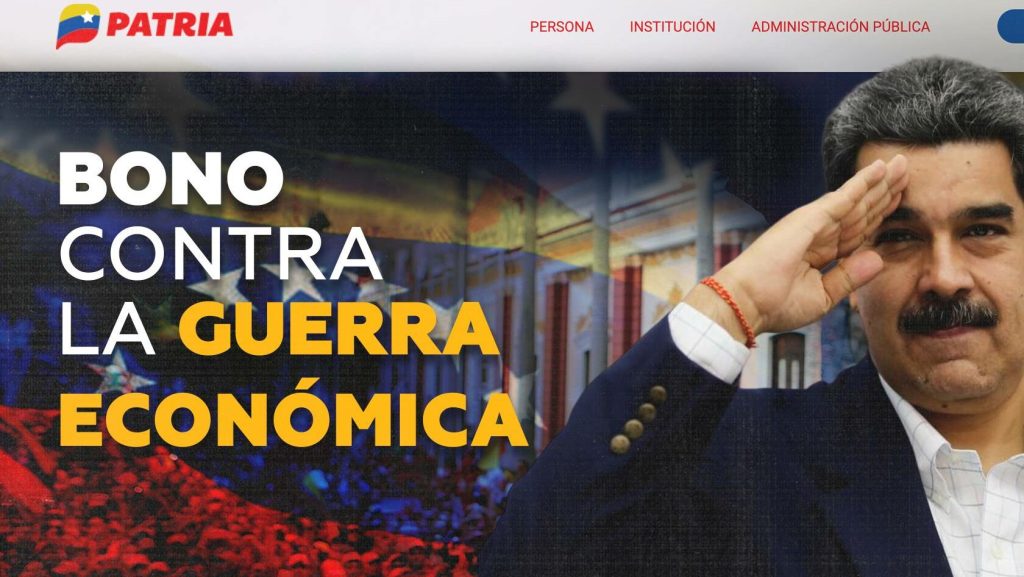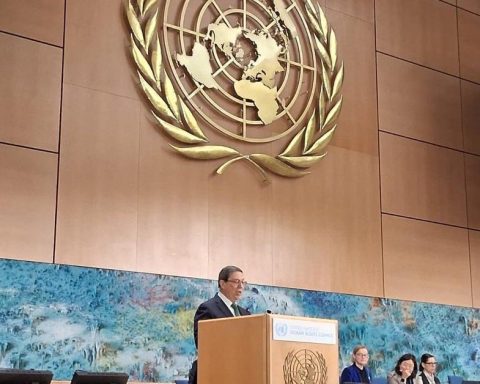The federal government published, in the Official Diary of the Union this Wednesday (31), the presidential decree which establishes the 4th National Plan to Combat Human Trafficking, a document that reinforces the principles and guidelines of the National Policy to Combat Human Trafficking. 
Presented by the Ministry of Justice and Public Security, the initiative seeks to expand and improve the performance of public bodies and entities, in addition to promoting prevention, protecting victims and punishing criminals.
Signed by President Luiz Inácio Lula da Silva and Minister Ricardo Lewandowski, Decree No. 12,121 reaffirms objectives, strategic axes, priority actions and activities that should guide sectoral public policies throughout the country for the next five years (2024/2028).
The implementation of the plan will be funded by the Union or partner agencies and entities not allocated in the Union’s Fiscal and Social Security Budget. Monitoring will be the responsibility of the National Committee to Combat Human Trafficking (Conatrap), a collegiate body composed of representatives of the federal government and civil society and administratively linked to the Ministry of Justice and Public Security.
Among the priority actions of the so-called strategic axis is the strengthening of Conatrap, whose frequency of meetings and representative parity of members must be guaranteed.
The strategic axis also foresees actions to structure the confrontation policy, such as proposing new laws or possibly reforming some already in force, in addition to the restructuring of government institutions, which includes the training of public servants.
Awareness
The new plan also includes actions such as raising awareness among the population, training professionals, creating victim support networks, and strengthening investigations and legal proceedings. Among the actions aimed at increasing the capacity of public officials to identify and protect victims, there is, for example, a provision for partnerships with technology companies capable of implementing means of identifying recruiters and victims of human trafficking in the digital environment.
“This fourth national plan represents a major step forward. Not only because it is the result of the consolidation of past successful experiences and of what we have learned from the mistakes we have made, but also because it is the result of collective work that unites State agents with representatives of civil society,” said the Minister of Justice and Public Security, Ricardo Lewandowski yesterday, when presenting the new edition of the plan during a seminar in Brasília.
